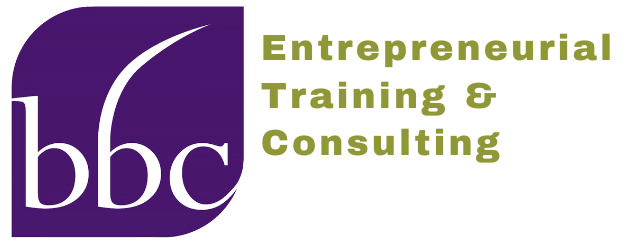You can submit the same project to multiple agencies, as long as you indicate that you have multiple submissions in-review with overlapping scope. For example, you may have an innovation that would be applicable to NIH, NSF, and DOD topic areas. You can increase your odds of obtaining funding by submitting proposals to all of these agencies simultaneously. If you are selected for funding by multiple agencies on the same project, you can only accept funding from one agency.
But here’s what you need to know before you submit proposals to multiple agencies.
1. Each agency has unique proposal rules and requirements. They also have different formats, different submission requirements, and more. Find out the differences before you move forward.
2. Don’t write a one-size-fits-all proposal. It has to match the interests and priorities of the individual agency, as well as fitting in with the agency’s concerns. Make sure you understand their terminology and how much emphasis they place on commercialization.
3. Disclose whether you are submitting a “similar or related idea” to other agencies. But if the ideas you submit to multiple agencies are substantially different, you’ll need to demonstrate how they differ.
4. If more than one agency offers you an SBIR/STTR award for the same proposal, you can only accept one offer. But if there are important differences between the proposals you’ve submitted to different agencies—and more than one agency wants to give you an award— you can accept more than one award, as long as the agencies involved agree to it. BBCetc can help you strategize your approach so you could accept multiple awards because they would be structured with no overlap.
5. Make sure you read the Solicitation/Funding Opportunity Announcements of each agency carefully if you plan to make multiple submissions.
Remember: Because every agency has their own requirements for submission, don’t spread yourself too thin by trying to formulate proposals for multiple agencies. It’s better to create one great proposal than three or four mediocre versions.

